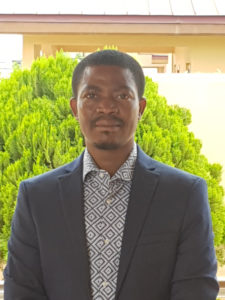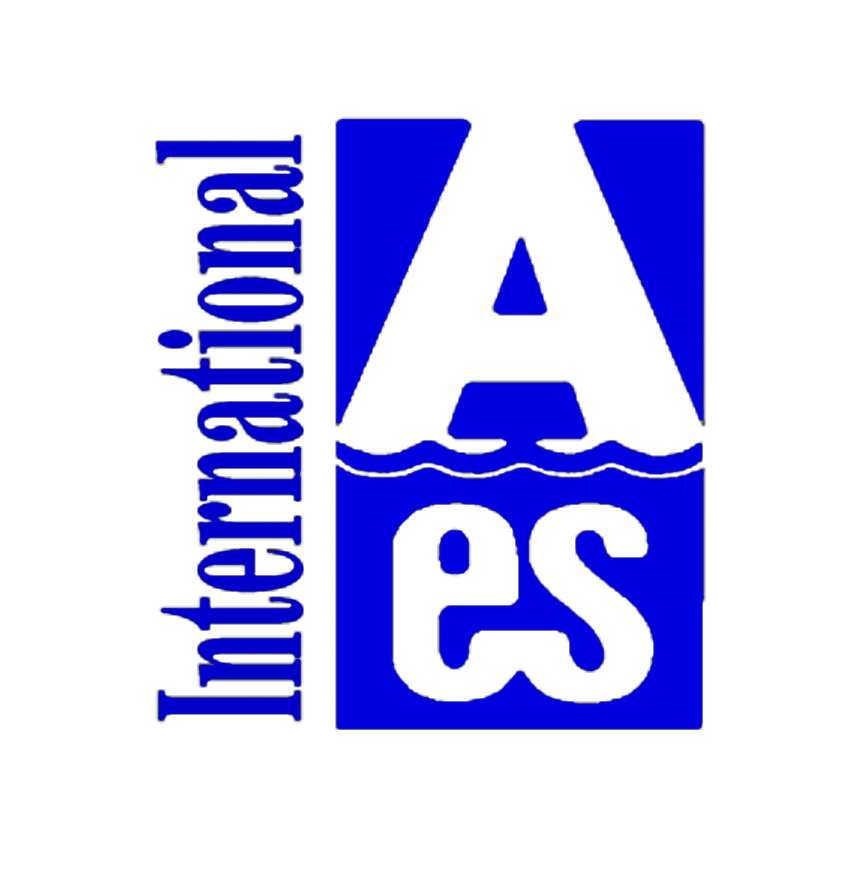
Professor Edward Nketiah-Amponsah
University of Ghana
Why did you become a member of the International Atlantic Economic Society?
About three years ago, I was exploring the prospect of submitting a manuscript I had prepared to one of the Economics Journals published by Springer. International Advances in Economics Research was obviously one of those journals on display following the search. I took a keen interest in the journal and perused some of the papers and I was particularly excited about the quality of the papers in the journal as well as the prominence of the authors in the economics literature. I finally decided to submit my paper to the International Advances in Economic Research (the paper was eventually published). During the submission process, I realized that International Advances in Economic Research is an affiliate journal of the International Atlantic Economic Society. I consequently registered as a member of the Society and have since remained a proud member. The quality of the papers presented and the pedigree of the presenters at the annual conferences provide an opportunity to strengthen peer learning and cross-fertilization of evolving ideas in the discipline. I find the feedback from discussants and conference participants during the annual conferences very helpful as they can easily pass for comments from journal referees. Moreover, the long standing reputation of IAES as an academic conference organizer and a journal publisher incentivised me to join the Society.
What types of projects/research are you currently working on and what inspired/motivated you to pursue these interests?
I am currently working on a project that seeks to estimate the costs and benefits of three malaria interventions in Ghana, spanning the period 2018-2030. This is one of the studies commissioned and funded by the Copenhagen Consensus Centre as part the ‘Ghana priorities’ project. Together with three other co-investigators, our preliminary findings suggest that the monetary benefits from averted morbidity and mortality cases occasioned by these interventions (getting 90% of the population to sleep under insecticide treated bed nets, testing of all suspected malaria cases and subsequent treatment of confirmed cases and administering seasonal malaria chemoprevention to about 90% of children aged under-five in malaria endemic zones) far outweigh the cost and that Ghana would be better off if these interventions are implemented and scaled up. The motivation to pursue this study stems from my innate desire to help lessen the debilitating impact of malaria in Sub-Saharan Africa, and in particular on the Ghanaian economy. Malaria is the largest cause of morbidity and mortality in Ghana and erodes between 1-2% of Ghana’s annual GDP. Yet, simple and cost-effective interventions as those mentioned above could contribute significantly in fighting the menace. Thus, through the findings from this research and the ensuing policy recommendations, we are able to contribute our quota towards the fight against malaria in Ghana and other endemic areas in sub-Saharan Africa.
Moreover, I am working on a project that seeks to establish the synergy between selected ‘ease of doing business’ indicators (as published by the World Bank) and FDI inflows into Sub-Saharan Africa. The relatively low inflows of FDI in the region over the past decades have been partly attributable to the region’s unfriendly/hostile business environment –delayed registration processes, poor tax structures, weak property right regimes, erratic electricity supply, poor enforcement of contracts etc. Thankfully, the past decade has witnessed significant reforms in a number of countries in the region. The study seeks to ascertain whether the recent reforms via improvement in ‘doing business indicators’ have translated into increased FDI inflows in the region. The motivation for this study is borne out of the desire to contribute to the literature on the phenomenon and ultimately influence policy. When FDI is fully harnessed, it has the potential to reduce unemployment in the region without disregarding the other traditional benefits of FDI in host developing and transition countries-technological spill overs, transfer of financial capital and labour augmentation inter alia.
What advice would you give to someone who is considering entering your line of work/field of study?
As a lecturer and a researcher, I have benefited from the benevolence of some senior faculty within and without my Department and the University by way of introducing or connecting me to new research opportunities and projects. I strongly encourage early career researchers and lecturers to stand on the ‘shoulders of giants’ if the opportunity avails itself; they should find mentors who can guide them to navigate their field of study. One way of doing this is to ask established faculty members whether they have research projects that you can be engaged as a Research Assistant or Co-Investigator. This will help sharpen their research skills and put them in a good stead in the writing of academic papers-technical reports and journal articles.
Moreover, potential researchers and lecturers could invite willing senior faculty members to become co-authors of their manuscripts. Although, they may not succeed in getting senior faculty members write substantial portions of the paper as co-authors, their thorough review and modest inputs can improve the quality of the manuscript tremendously and increase their chances of publishing in a good journal. The importance of mentorship in career advancement notwithstanding, in my opinion, the ultimate decider of one’s progress is self-motivation, willingness to learn and hard work. These attributes are non-negotiable.
Finally, I advise young scholars interested in teaching and research at the University or related Institutions to take advantage of post-doc opportunities if they beckon, to enable them publish papers from their PhD dissertations before taking full time appointments. Often, very promising and smart young academics get frustrated in their quest to publish because they get overwhelmed by the scope of work when they begin their careers as academics; this is particular so for scholars from Sub-Saharan Africa where the faculty-to student ratio is unimaginable.
Going forward, what other projects/research are you looking to or hoping to pursue?
In the nearest future, when data is available, I would like to evaluate the impact of COVID-19 on the Ghanaian economy, in particular, its impact on affected households and the health system. I have started an exploratory analysis on the phenomenon but a more informed analysis will depend on the availability of data on the variables of interest such as the cost of testing, tracing, quarantine, treatment of infected persons, lost productivity due to lockdown and partial restrictions, cost of medical staff time and the associated opportunity costs among others.
Another grey area a colleague and I intend pursuing based on availability of funds is ‘funeral economics’ due to the growing importance of funeral expenditures in the household’s basket of goods and services. Death is inevitable and may occur randomly, but it also imposes huge expenditure burdens on households in Ghana owing to the importance of funeral celebrations in the socio-cultural lives of the populace. This study will seek to examine the relative importance of funeral expenditures in household total budgets of bereaved households and how such expenditures could affect expenditures on food, health and education post-funeral celebrations. Several factors including the status of the deceased person in society, wealth and popularly could determine the nature and extravagance of funerals, the welfare ramifications of such exorbitant funeral celebrations among particularly the Akan tribe of Ghana have not been explored.
What’s your favorite hobby?
I do relax most of the time by watching football, both local and foreign leagues. I take special delight in UEFA Champions League due to its completive nature.

